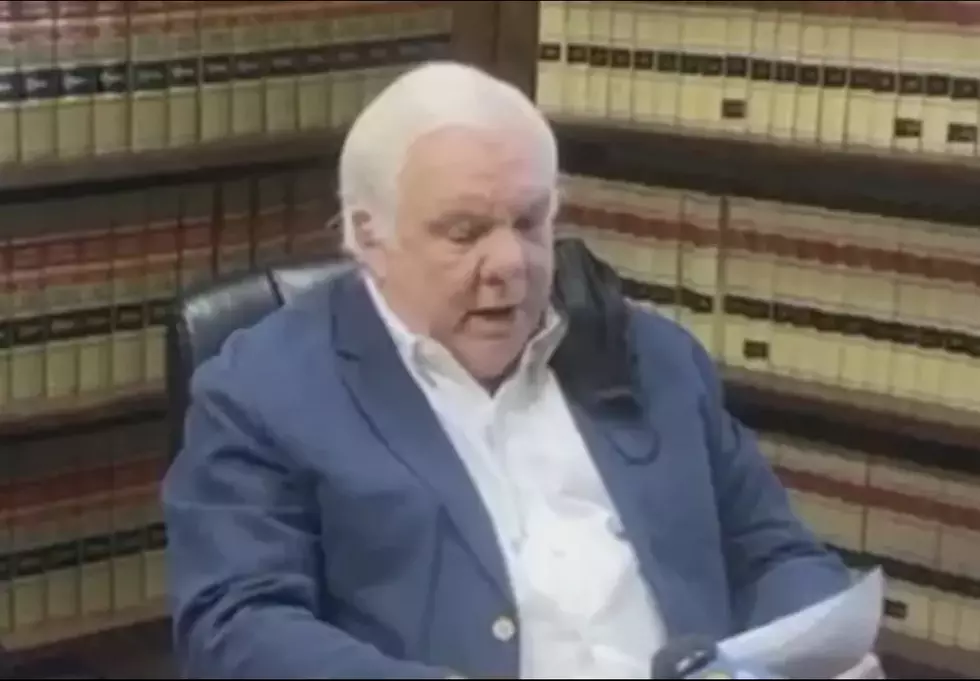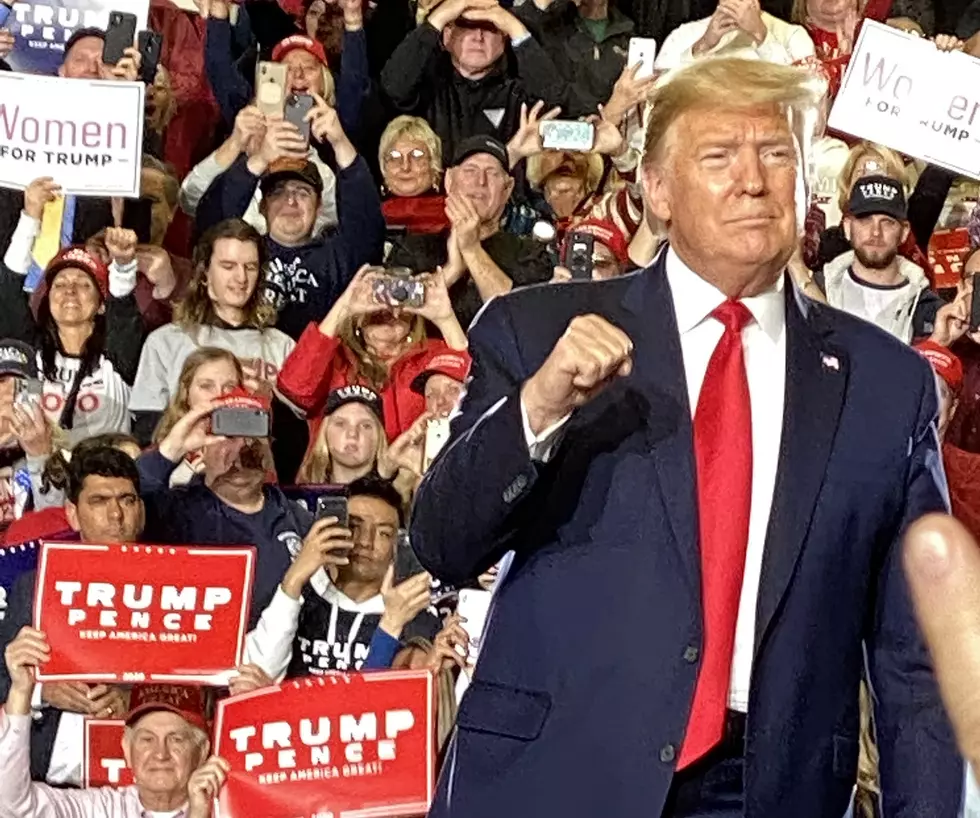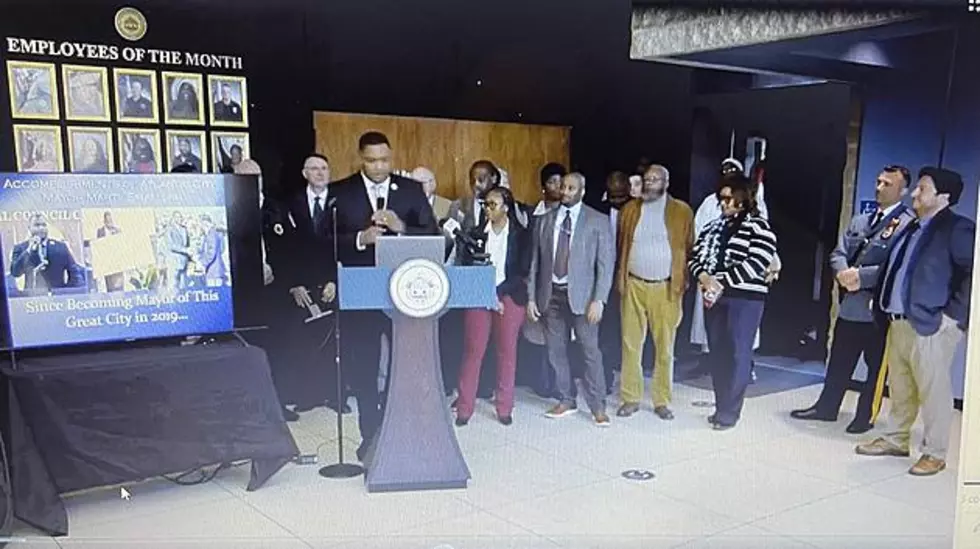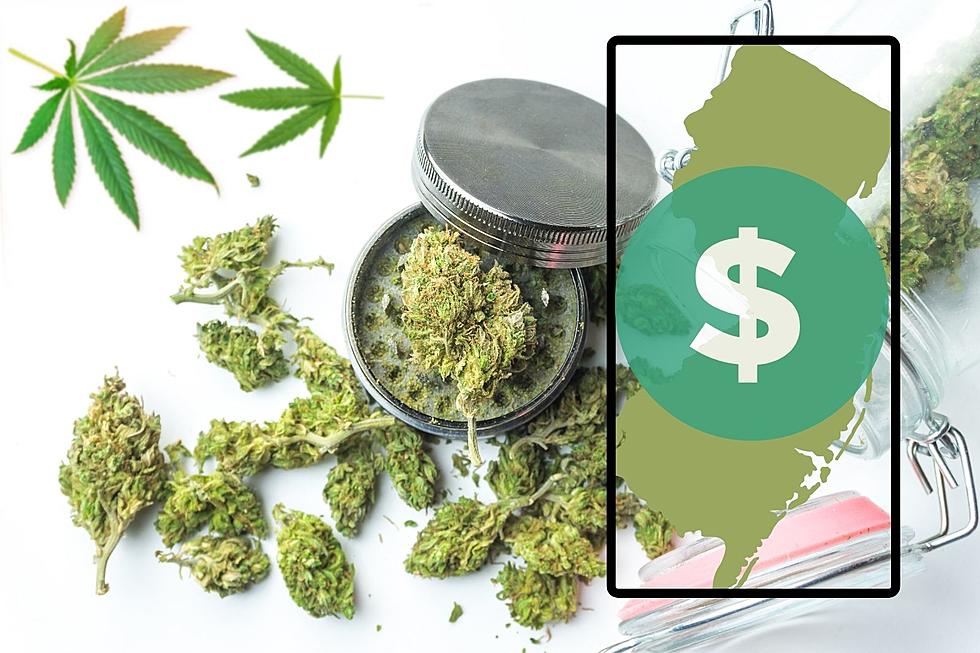
Hirsh Singh Reveals Internal GOP Poll Shocker vs. Ciatterelli
In a stunning internal GOP poll, an exclusive The Daily Caller report reveals that Hirsh Singh leads the Republican field for Governor.
Former New Jersey Assemblyman Jack Ciatterelli has been running an early General Election campaign against Governor Phil Murphy during the entire Primary Campaign season.
Ciaterelli’s strategy had been to ignore his Republican challengers ... as if the Republican Nomination has already been decided in his favor.
That appears to have changed this week, as Ciatterelli sent out a blistering email discrediting his Republican challengers as unqualified to be Governor.
This is the first such attack piece (towards his Republican opponents) that I’ve seen come from Ciatterelli.
Perhaps this has to do with the perception of a suddenly tightening race. An internal poll obtained exclusively by The Daily Caller shows pro-Trump candidate Hirsh Singh leading in the crowded Republican primary for governor of New Jersey.
According to the poll Singh leads the three other Republicans who look to take on incumbent Democratic Gov. Phil Murphy.
Singh led in the poll by just over 2 percentage points, with 22.2%
A former member of the New Jersey General Assembly, Jack Ciatterelli has been critical of former President Donald Trump, came in second place with 19.9%.
According to The Daily Caller, the internal poll gave Phil Rizzo, a former real estate developer, who is now a pastor third place in the poll at 10.2%, with the former mayor of Franklin Township, New Jersey Brian Levine polled at 3.2%
Singh confirmed to The Daily Caller that the survey collected results from over 1,200 respondents, within the demographics of the New Jersey likely Gubernatorial GOP Primary voter population.
The Daily Caller reported that a pollster with knowledge of this poll said that the race will come down to undecided voters after reviewing the data.
SOURCE: The Daily Caller and an internal GOP poll that was conducted by landline and cellphone between April 16-April 21. Over 1,200 likely Republican voters were questioned. The margin of error is plus or minus three percent.

More From WPG Talk Radio 95.5 FM









